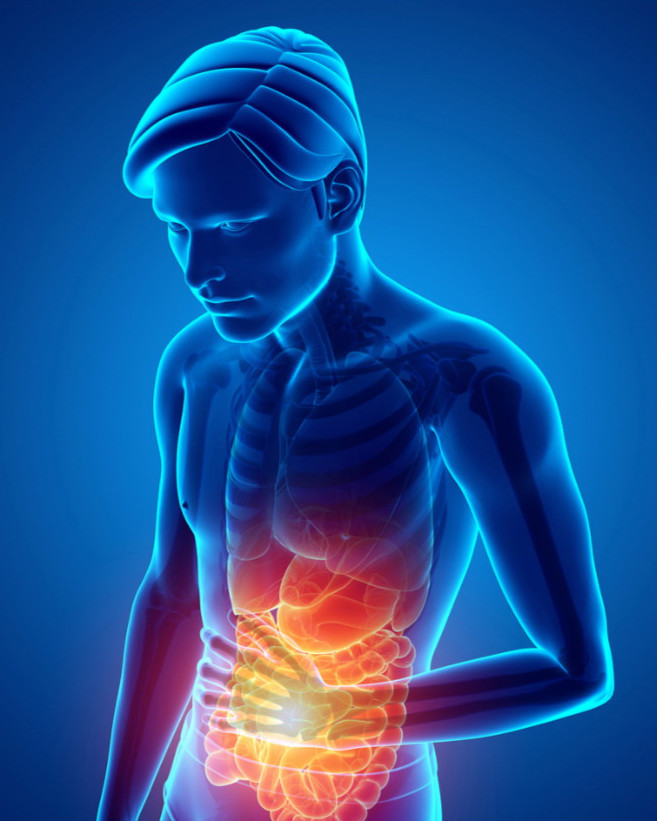After a car accident, painful urination is expected when you have sustained blunt trauma or penetrating injury to the abdominal area. If you have been in a car accident that wasn’t your fault, and you’re suffering from this problem, call our Eason & Tambornini personal injury attorneys.
Our car accident lawyers can help you understand why car accidents can cause painful urination and explain the symptoms of a bruised kidney, what a lacerated kidney is, and the symptoms and treatments for a ruptured bladder. If you think your painful urination is from a car accident, we can help.
Learn more about our Sacramento Car Accident Attorney Services.
Is painful urination after a car accident common?
 The bladder is located in the lower abdominal area and is protected by the pelvic bones. It is the organ responsible for storing urine. When it reaches capacity, the bladder muscles contract, and urine is injected through the urethra.
The bladder is located in the lower abdominal area and is protected by the pelvic bones. It is the organ responsible for storing urine. When it reaches capacity, the bladder muscles contract, and urine is injected through the urethra.
Although the pelvic bones protect it against external forces, it’s not enough to cover the bladder from blunt trauma sustained in a car accident or from falling off a motorcycle. Any injury to the bladder initiates an inflammatory response, and because of inflammation and possibly even bladder damage, the organ won’t function normally. This would cause pain upon urinating.
Painful urination is a prevalent symptom experienced by victims of vehicular accidents. Painful urination is often the result of a deceleration injury, especially if you wore a seat belt and your bladder was full when the accident occurred.
What are the symptoms and treatments for a ruptured bladder?
A ruptured bladder is a condition common in car accident victims. It is a type of bladder injury caused by direct trauma to the lower abdominal region or penetrating injury to the pelvic area. Statistics state that a full urinary bladder is more at risk for rupture than an empty one.
Victims of car collisions and motorcycle accidents can develop symptoms of urinary problems such as lower abdominal pain, painful urination, decreased urine output, difficulty emptying the bladder, abdominal bloating, and urinary retention caused by a blood clot blocking the urethra. In addition to painful urination, victims may even notice some bleeding when they urinate.
Treatment for a ruptured bladder includes surgery to repair the injury, blood transfusion to prevent shock, pain medications for pain control, anti-inflammatory drugs to reduce inflammation, and intravenous fluid management to prevent dehydration.
What are the symptoms of a bruised kidney?
The kidneys are well-protected organs. The ribcage protects the kidneys in the posterior upper abdomen. However, it is common for the kidneys to sustain an injury in motor vehicle accidents, leading to bruising and inflammation.
Symptoms of a bruised kidney include generalized pain and bruising over the upper abdominal area, the flank, and the back. Blood in the urine may also be present, and there may be difficulty urinating and urinary retention. There may also be some pain and swelling of the abdomen. Other symptoms, like anemia and hypotension, may appear, indicating a severe kidney contusion.
A bruised kidney with torn and damaged blood vessels increases the risk of death due to blood loss.
What is a lacerated kidney?
A lacerated kidney is a type of injury also commonly seen in car collision victims. It is often caused by significant trauma to the kidney, resulting in the organ breaking open and causing internal bleeding.
Symptoms are very similar to a bruised kidney – painful urination, blood in the urine, abdominal pain, etc. However, if misdiagnosed and left untreated, a lacerated kidney can be fatal as it leaks blood and urine into the surroundings. Car collision victims need to undergo laboratory tests like a CT scan, aortogram, and urinalysis immediately to make a proper diagnosis.
If there is extensive damage to a lacerated kidney, emergency surgery will be necessary to repair the damage and prevent blood and urine leakage.
What can you do?
Healing from a ruptured bladder, bruised kidney, or lacerated kidney can take weeks to months. While recovering, the patient is not only suffering from pain but is also losing income.
If you or a loved one were injured in a car accident, please get in touch with us. Our Eason & Tambornini auto accident lawyers in Sacramento can help you understand why painful urination is common after a car accident. We will also help you know the symptoms of a ruptured bladder, bruised kidney, and lacerated kidney.
If you’re experiencing painful urination after a car accident, call our office at (916) 438-1819 to schedule a free consultation. Our car accident attorneys are here to assist you.
The information provided on this blog is for informational purposes only and not a substitute for professional medical advice, diagnosis, or treatment. Always seek the advice of your physician or other qualified health provider with any questions you may have regarding a medical condition. Never disregard professional medical advice or delay in seeking it because of something you have read on this blog.
